
Manic depression
Bipolar disorder (also known as manic depression or manic-depressivedisorder) is a psychiatric illness. Patients suffering from this condition experienceextreme mood swings, cycles of manic and depressive episodes. Those episodesmight be followed with hallucinations and delusions, and sometimes suicidalthoughts and actions.
Manic depression usually starts in the adolescence or earlyadult age, and the exact cause of this illness is not known. According to thecurrent medical theory, malfunction of neurotransmitters in the specific partof the brain could be responsible for this illness. Bipolar disorder might thenstart without any apparent reason, or be related to genetic factors, stress orsome other causes, like environment or certain medications.
Genetics
This condition runs in the family and 50% of bipolardisorder patients have another member of the family suffering from mooddisorders. If your parent has this condition chances that you are going to havethe same illness are about 15 to 25%. You have about 25% chances to have thesame disorder if both or your parents had bipolar disorder, or your twinbrother/sister has the disease.
The studies of the affect of genetics and environment to bipolardisorder on adopted twins concluded that if the identical twin has the illness,the chances you’re going to have it too are 8 times bigger.
Environmental Causes
Abuse of alcohol or drugs and hormonal problems might leadto bipolar disorder. They are not considered to be exact cause, but rather atrigger for the illness. Their use may endanger the recovery from the bipolar disorderand worsen the episodes.
Other Causes
Antidepressants might cause a manic episode in patients withsome risk to this illness. Sometimes, specialists recommend preventive use ofanti-manic medications in those cases. Some drugs could cause manic-like episodes. Medications takenfor weight loss, especially appetite suppressants might be one of them. Theyincrease energy levels and decrease the need for sleep, causing a “high” effect,which looks like a mania. Once the medication is stopped, the person gets backto normal mood. Cocaine, ecstasy and amphetamines may also provoke manicepisodes. High doses of common cold medications are known to showsimilar effects. Some non-psychiatric medicines, used to treat thyroiddisorders or use of corticosteroids (mostly Prednisone), might trigger manicattack.
Caffeine, alcohol or smoking should be avoided. Normal dosesof caffeine won’t harm you, but excessive, more than couple cups a day cancause manic-like episode.



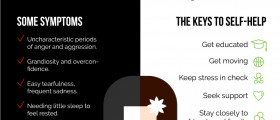


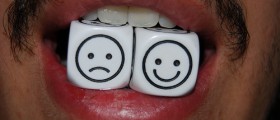
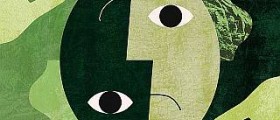
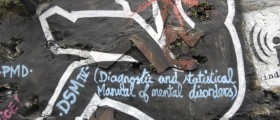

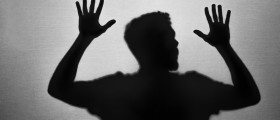



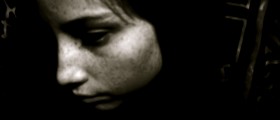


Your thoughts on this
Loading...